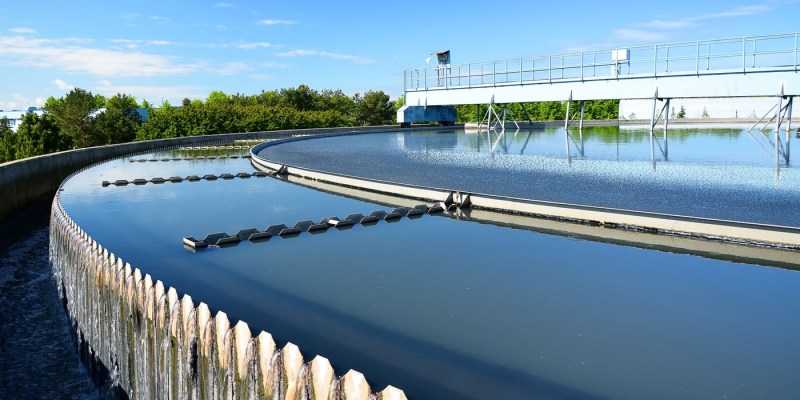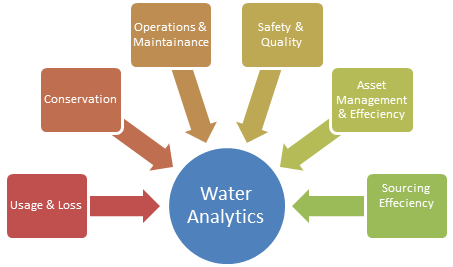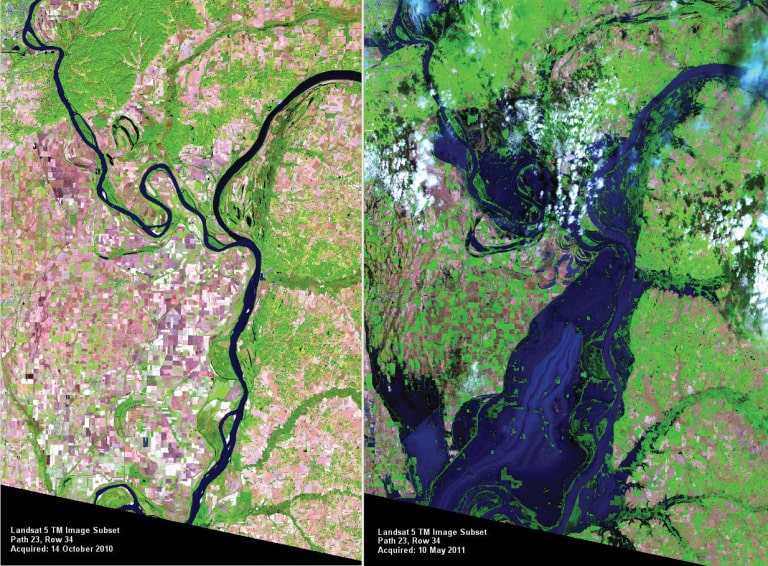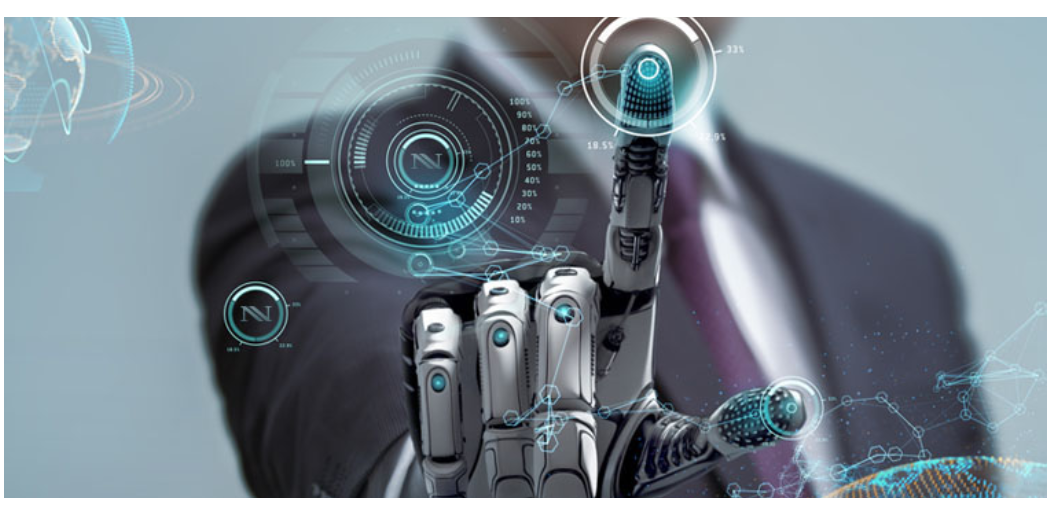Water Conservation: Enhanced by Analytics
3AI November 17, 2020

More and more people are becoming aware of the need to conserve water for environmental reasons. Due to restrictions surrounding drought-related water use, the water utilities are finding themselves struggling due to less sale of water to the customers and hence facing challenges to stay financially sound. Water is increasingly becoming one of the world’s most precious resources, and hence data scientists are working continuously to help water companies and water provision utilities around the globe in providing more effective and efficient management of drinking water through the targeted use of big data and advanced analytics. Use of Water has been increasing at more than twice the rate of population growth in the last century. Water companies, Utilities and other Water Provisioning sourcers in cities are facing new challenges in providing a high quality supply of drinking water, all the while, maintaining the conversation of resources like costs and energy use to a minimum. There are many areas where automated meter infrastructures (AMI) has already been implemented to measure the water consumption, providing highly accurate readings. On top of this, employing advanced analytics on the collected data can provide an additional layer of insight, which could be a very critical help for both customers and water utilities in gaining control of the water network and managing valuable water resources more effectively.
Big data and analytics technology help clients harness the explosion of data coming from a growing number of sensors and resources– including data collected from utility meter readings and industrial sensors. Hence water management companies and utilities can benefit greatly from reliable fault detection, and early indications of abnormal consumption, to determine whenever and wherever there is a leakage of water waste, and optimized customer interactions. Whether or not there were prior usage patterns that occurred before, these advanced features allow learning of the facts like, if it is appropriate for the current seasonal demand, and whether it coincides with what neighboring families are consuming.
The Application of Smart Water Analytics is to identify patterns and problems in the complete water provision and circulation life cycle and differentiate between issues such as excessive use of water and any possible leakage of water which could result in the waste of millions of gallons of water. It also provides water utilities with accurate insight in identifying when low or no water use signals a problem. This will effectively reduce the number of false alerts which further helps technicians know most optimal schedule when meters need replacement or repair. For example, in cases where the water consumption has suddenly come to zero for quite a while, this could be a clear indication that there could be a repair requirement in the water channel or source, and hence a technician is deployed to examine the situation. While this could indicate a broken or faulty meter, it could also be a false positive, something as common as a family vacation – in which case sending a technician is a waste of time and money. Field tests have already shown a potential reduction of 50 percent in the number of technician visits, saving valuable time and human resources to address conservation and water management. In the future, predictive algorithms would help water management companies and utilities better plan for demand and as a result, have better manage resources, such as pump scheduling, tank levels, and pressure.
Water utilities face intensifying pressure to improve customer service, strengthen resilience and deliver security of supply. The major business goals needs to be achieved against the backdrop of a fast-changing environment in which climate change, population growth and a heightened focus on the cost of living and affordability are all playing a major role.

Even though there have been significant investments in data systems to support operational responsiveness and improve overall system service, water utilities’ operations are still largely based on information received after-the-fact. The reactive decision-making undermines their ability to achieve their business goals since that defeats the purpose of water conservation. This means water utilities currently face avoidable challenges such as:
- high capital costs to build extra capacity, and
- high operational costs to repair failures
- Increased risk of non-compliance and customer complaints.
Having already made commitments to implement price reductions, how can water utilities address these challenges and deliver the investments needed to improve today’s service and tomorrow’s resilience? A new approach is needed.
Water Analytics applications would effectively focus on assimilating knowledge in science and engineering and developing an integrated science based approach to finding solutions for societal problems. They are effectively connected with Hydrology and Water Resources Management that require a rigorous system based inquiry, and involve methodical uncertainties quantification. Large scale issues in hydro climatology and their relations to oceanic, atmospheric, and land surface conditions and issues of global and regional water sustainability form the crux of our research.
Current Applications:
- Water Risk and Drought Initiative:This initiative is designed towards understanding the exposure of a region to climate and demand induced stress and developing supervised scenarios to increase its resilience to periodic shocks.
- Water Sustainability and Economy Initiative:This initiative is under-way to explore how climate variability and changing water demands manifest as water deficits and how economics and public-private management decisions determine regional water availability and drought resilience.
- Remote Sensing Floods Initiative:This is motivated towards developing space-time stochastic models for flood risk estimation using high resolution radar data.
- Continental Paleo-hydrologic Initiative:This initiative will focus on continental scale modeling of low frequency climate variability, particularly at decadal and longer time scales through paleo-reconstruction of continental streamflow.

Remote Sensing Flood Mapping
The Application of Water Analytics is still to go mainstream with complete and automated pro-active measurement and pre-emptive action plan for altering the water management cycle for the most optimal conservation and use of usable water supply. Predictive Analytics would play a staple role during mass adoption of predicting incidents and creating an accurate forecast using the multiple historical usage cycles. Though at present water utilities face challenges in delivering the investments needed to setup an automated water tracking and rectification process in place, overcoming this hurdle would mean a sudden large scale capital savings and extremely efficient water resource management.






